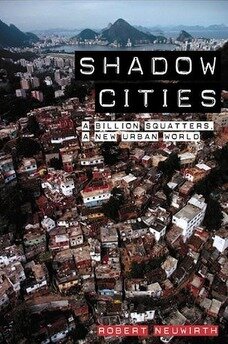S. SRINIVASAN, The Associated Press, via Slashdot, reports:
BANGALORE, India (AP) - Four years ago, a low-cost handheld dubbed the Simputer was touted as a way to give villagers in poorer countries access to computing power. That dream remains elusive.
Very few Indian villagers have even seen one, and the government agencies and nonprofits that were target buyers have barely bitten.
Meager sales of the device, designed by Indian scientists for easy sharing by a community, come instead from businesses and city dwellers who already had access to technology.
“It has not yet reached the rural market in a big way,” rued Swami Manohar, co-inventor of the Simputer and CEO of Picopeta Simputers, a company selling the device.
Picopeta has sold fewer than 2,000 units in the past 12 months, far below the target of 50,000. Worse, only 10 percent of those Simputers were bought for rural use.
Encore software, the other company making Simputers, also sold about 2,000 units.
(more…)

Cory Doctorow writes:
I’ve just finished Robert Neuwirth’s “Shadow Cities: A Billion Squatters, A New Urban World,” a nonfiction account of Neuwirth’s travels through squatter cities and shanty towns on four continents.
The parallels between the squatter story and the copyfight are fascinating. Last month, I gave a talk at a Berkeley law class and one of the students pointed out that when we talk about orphan works and the problem of discovering who has the right to authorize the use of old or obscure creative works, we treat this as a major difference between “intellectual property” and real property; but in the developing world, the ownership of physical land is anything but clear-cut; where you have squatters who’ve been sold deeds to their land by unscrupulous bureaucrats in exchange for votes, or where politicos have issued deeds to their cronies selling title to land that has been occupied for decades, or squatters who are granted title to their land, but who then have to resolve whether the squatter whose home is on the ground floor gets the title, or whether it’s the squatter who’s built her dwelling on the roof; or where you have squatters who’ve built and then rented out their squats to tenants who’ve occupied them for years — who owns that land?
All real-estate begins as “squatting.” Most of the Bay Area’s title deeds represent claims filed by squatters during the gold rush. At some point, every titled parcel of land belonged to no one, but was then fenced in and declared property.
(more…)


